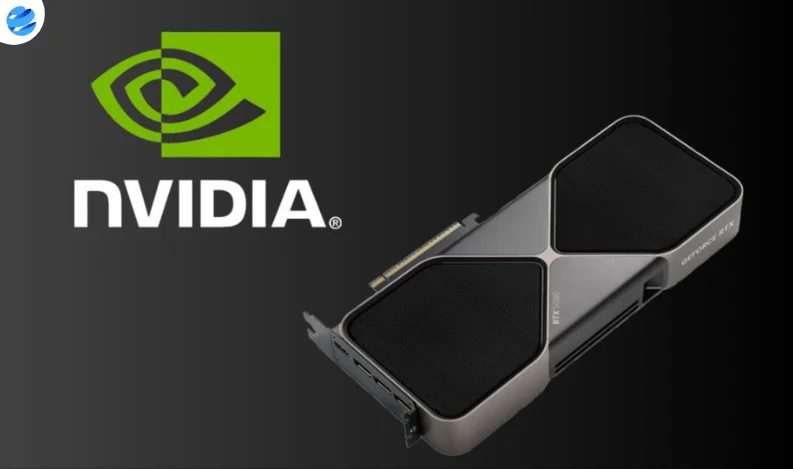Nvidia has rejected allegations from Chinese state media that its H20 artificial intelligence chips contain security vulnerabilities, including a so-called hardware “backdoor” capable of remotely shutting down devices.
The claims were published Sunday by Yuyuan Tantian, a social media account linked to China’s state broadcaster CCTV, which described the H20 as “neither environmentally friendly, nor advanced, nor safe.” The article suggested consumers should avoid purchasing the chips, citing potential security risks.
In a statement to CNBC, a Nvidia spokesperson said, “Nvidia does not have ‘backdoors’ in our chips that would give anyone a remote way to access or control them.” The company has also publicly denied similar accusations earlier this week, including the existence of any “kill switch” capability.
The dispute comes amid heightened U.S.-China tensions over semiconductor technology. Nvidia’s H20, designed specifically for China after U.S. export controls restricted sales of more advanced AI chips in 2023, resumed shipping this year following a temporary ban imposed in April by the Trump administration.
Nvidia CEO Jensen Huang has supported U.S. policy while lobbying for broader export licenses, arguing that maintaining Nvidia’s role as a global AI hardware standard benefits U.S. influence in the sector. China remains a major market for the company, despite a $4.5 billion writedown on unsold H20 inventory earlier this year.
Nvidia shares closed Friday at $182.70, up 1%, and have risen 36% in 2025.























